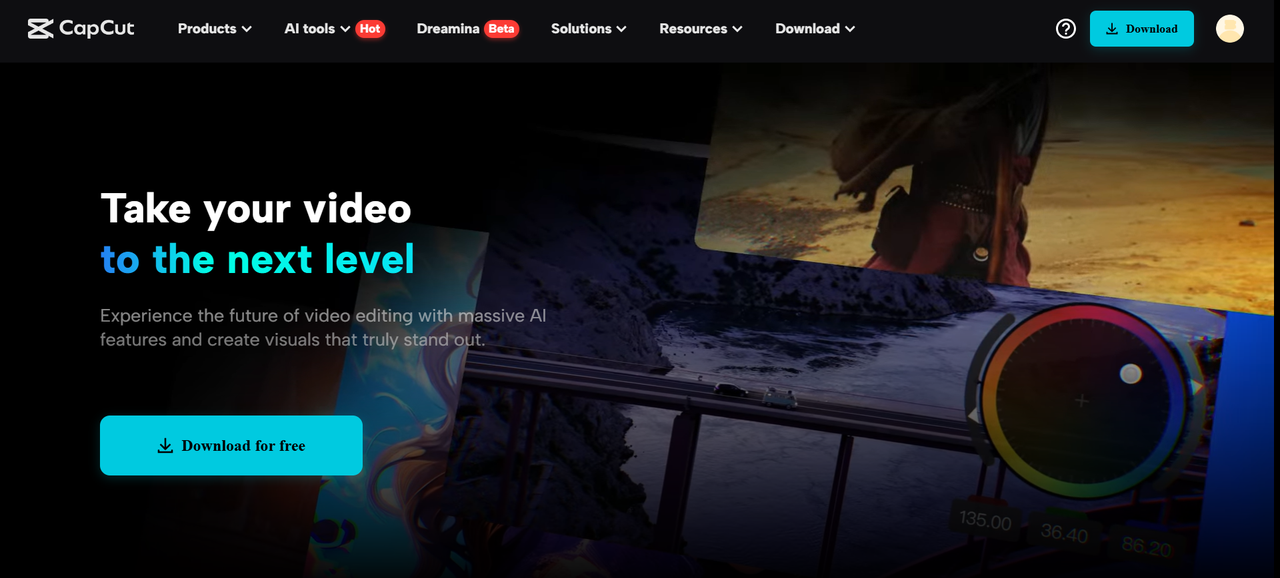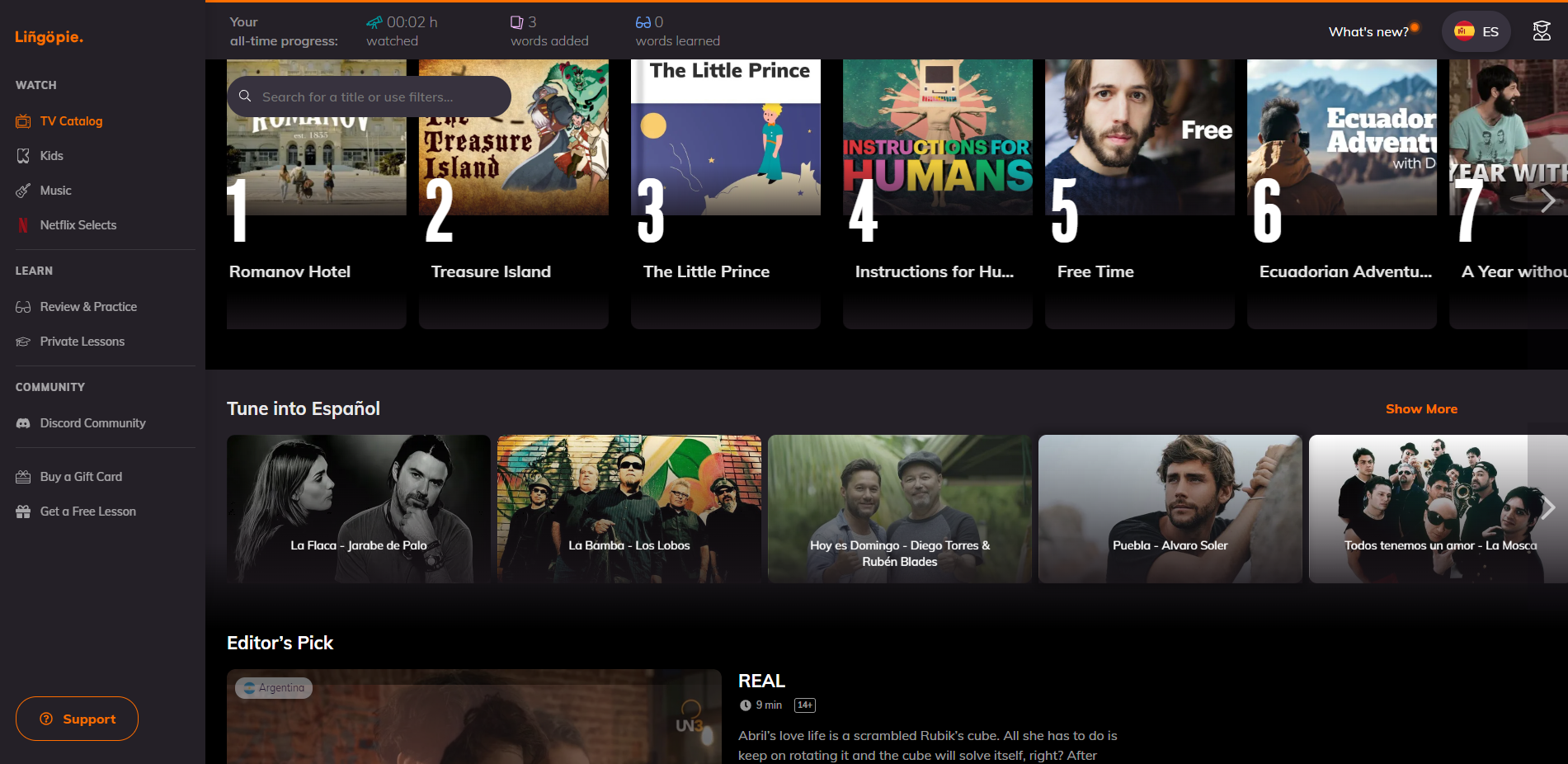Babbel vs Duolingo - A Comparison
written by: Krystof-Sandor Harfst
Table of Content
Black Friday Deal on Babbel
Short Overview of advantages and disadvantages of Babbel and Duolingo
| Babbel | Duolingo | |
|---|---|---|
| Approach to learning | Lesson-based approach, with lessons tailored to the individual user based on their previous knowledge and progress | Gamified approach, with lessons presented as a series of challenges |
| Range of languages | 14 languages, including Spanish, French, German, and Italian | Over 30 languages, including some less commonly taught languages such as Irish and Esperanto |
| Personalization | Lessons tailored to the individual user based on their previous knowledge and progress | No personalization, with lessons following a fixed sequence |
| Practice tools | Flashcards and verb conjugation drills, as well as quizzes and tests to help users track their progress | Listening comprehension exercises and conversation practice with other users |
| Personalization | Lessons tailored to the individual user based on their previous knowledge and progress | No personalization, with lessons following a fixed sequence |
| Cost | Paid service, with users required to subscribe in order to access all courses and features | Free to use, with no subscription required to access all courses and features |
| Practice tools | Flashcards and verb conjugation drills, as well as quizzes and tests to help users track their progress | Listening comprehension exercises and conversation practice with other users |
| Community | May not have as large a community of users as other platforms, making it harder to find language partners etc. | Large community of users, making it easy to find language partners and other resources to help with language learning |
What is Babbel?
Babbel is a language-learning platform that offers courses in 14 languages, including Spanish, French, German, and Italian. The platform uses interactive lessons and quizzes to help users learn and practice new vocabulary and grammar, and offers features such as speech recognition technology to help users improve their pronunciation. Babbel's personalized approach to language learning means that the lessons are tailored to the individual user, based on their previous knowledge and progress. The platform also includes a range of practice tools and resources, such as flashcards and verb conjugation drills, to help users improve their skills. Overall, Babbel is a convenient and effective way for users to learn a new language.
What is Duolingo?
Duolingo is a language-learning platform that offers courses in over 30 languages, including Spanish, French, German, and Italian. The platform uses a gamified approach to language learning, with lessons presented as a series of challenges that users must complete in order to progress through the course. Duolingo offers a range of features to help users practice and improve their skills, such as listening comprehension exercises and conversation practice with other users. The platform is free to use, and has a large community of users, making it easy for users to find language partners or other resources to help with their learning. Overall, Duolingo is a fun and engaging way for users to learn a new language.
What languages are offered?
Babbel
For those who choose German as their starting language, Babbel offers courses in 13 foreign languages. These include the classics such as English, French, Italian, and Spanish. But Babbel is also well-represented in the Scandinavian languages (Norwegian, Danish, and Swedish). Additionally, more distant languages like Russian, Turkish, and Indonesian are available. If you choose English as your starting language, Babbel provides separate courses for European and Latin American Spanish, as well as a course for German.
Duolingo
At DuoLingo, German-speaking students can choose only between English, Spanish, French, and Italian courses. Those who are fluent in English have a significantly larger range of languages to choose from. Based on English, DuoLingo currently offers 39 learning languages. Global languages like Arabic, Japanese, Mandarin (China), Hindi (India), as well as more exotic options like Catalan and Welsh, are also available.
Differences between Duolingo and Babbel
Babbel and Duolingo are both language-learning platforms that offer courses in multiple languages. Both platforms use interactive lessons and quizzes to help users learn and practice new vocabulary and grammar, and both offer features such as speech recognition technology to help users improve their pronunciation.
One key difference between the two platforms is the way they present the material. Babbel uses a more traditional lesson-based approach, with each lesson focusing on a specific topic or skill. Duolingo, on the other hand, uses a gamified approach, with lessons presented as a series of challenges that users must complete in order to progress through the course.
Another key difference is the range of languages offered by each platform. Babbel offers courses in 14 languages, including Spanish, French, German, and Italian, while Duolingo offers courses in over 30 languages, including some less commonly taught languages such as Irish and Esperanto.
Advantages and diadvantages of Babbel
One advantage of Babbel is that it offers a more personalized learning experience, with lessons tailored to the individual user based on their previous knowledge and progress. It also offers a range of features to help users practice and improve their skills, such as flashcards and verb conjugation drills.
Another advantage of Babbel is that it offers a variety of learning tools and resources. In addition to the lessons and quizzes, the platform includes flashcards and verb conjugation drills to help users practice and improve their skills. It also offers audio recordings and speech recognition technology, so users can hear how the language should sound and can compare their own pronunciation to the native speaker's.
A disadvantage of Babbel is that it is a paid service, so users must subscribe in order to access all of the courses and features. Additionally, some users may find the lesson-based approach less engaging than the gamified approach used by Duolingo.
Advantages and disadvantages of Duolingo
Some potential advantages of Duolingo compared to Babbel include the following:
- Duolingo is free to use, so users can access all of the courses and features without having to pay. This may make it more accessible to users who are looking for a budget-friendly language-learning platform.
- Duolingo offers a gamified approach to language learning, with lessons presented as a series of challenges that users must complete in order to progress through the course. This may make the platform more engaging and enjoyable for some users.
- Duolingo offers a wider range of languages than Babbel, with courses in over 30 languages, including some less commonly taught languages such as Irish and Esperanto. This means that users have more options when choosing a language to learn, and can potentially learn a language that is not offered by Babbel.
- Duolingo offers a range of features to help users practice and improve their skills, such as listening comprehension exercises and conversation practice with other users. These features may be useful for users who want to improve their speaking and listening skills in addition to their reading and writing skills.
- Duolingo has a large community of users, which means that users can easily find language partners or other resources to help them with their learning. This can be particularly useful for users who want to practice speaking the language with other people, or who want to share tips and advice with others who are learning the same language.
Some potential disadvantages of Duolingo compared to Babbel include the following:
- Duolingo is a gamified platform, which means that it may not be as effective as other methods for some users, particularly those who need a more structured and personalized approach to learning a language.
- Duolingo lacks some of the more advanced features and practice tools offered by Babbel, such as verb conjugation drills and detailed progress tracking. This may make it less useful for users who want to focus on specific language skills or who want to track their progress over time.
- Duolingo does not offer the same level of personalization as Babbel. The platform does not tailor the lessons to the individual user based on their previous knowledge and progress, so users may have to work through material that is not relevant to them in order to progress through the course.
- Duolingo does not offer the same range of languages as Babbel. While it offers courses in over 30 languages, it does not cover all of the languages offered by Babbel, such as Italian and Dutch. This means that users who want to learn one of these languages may need to look for an alternative platform.
- Duolingo is a free platform, which means that it may not have the same level of support and resources as a paid platform like Babbel. This may make it more difficult for users to get help with their learning or to access additional resources to support their studies.
Share this article!





